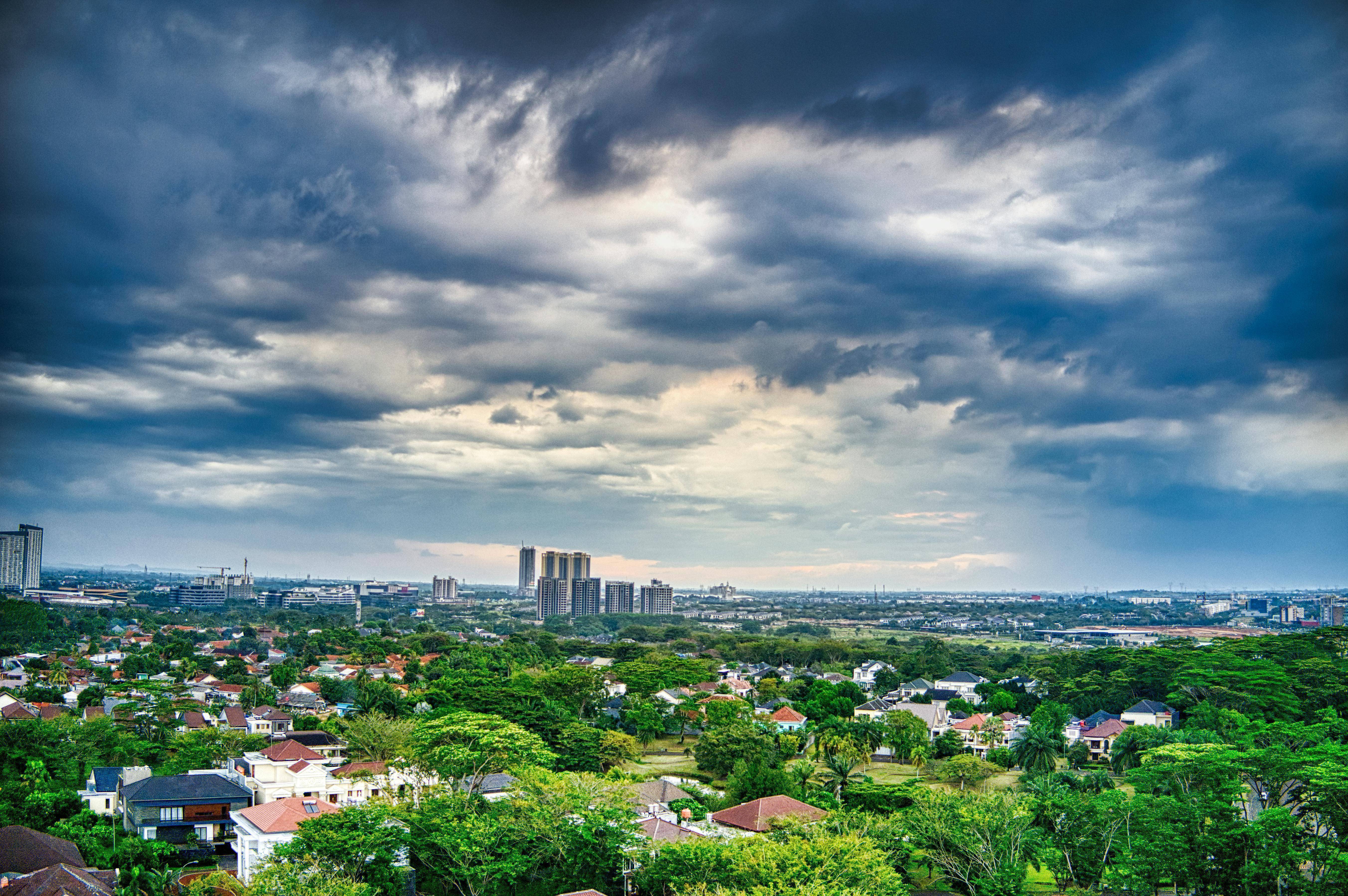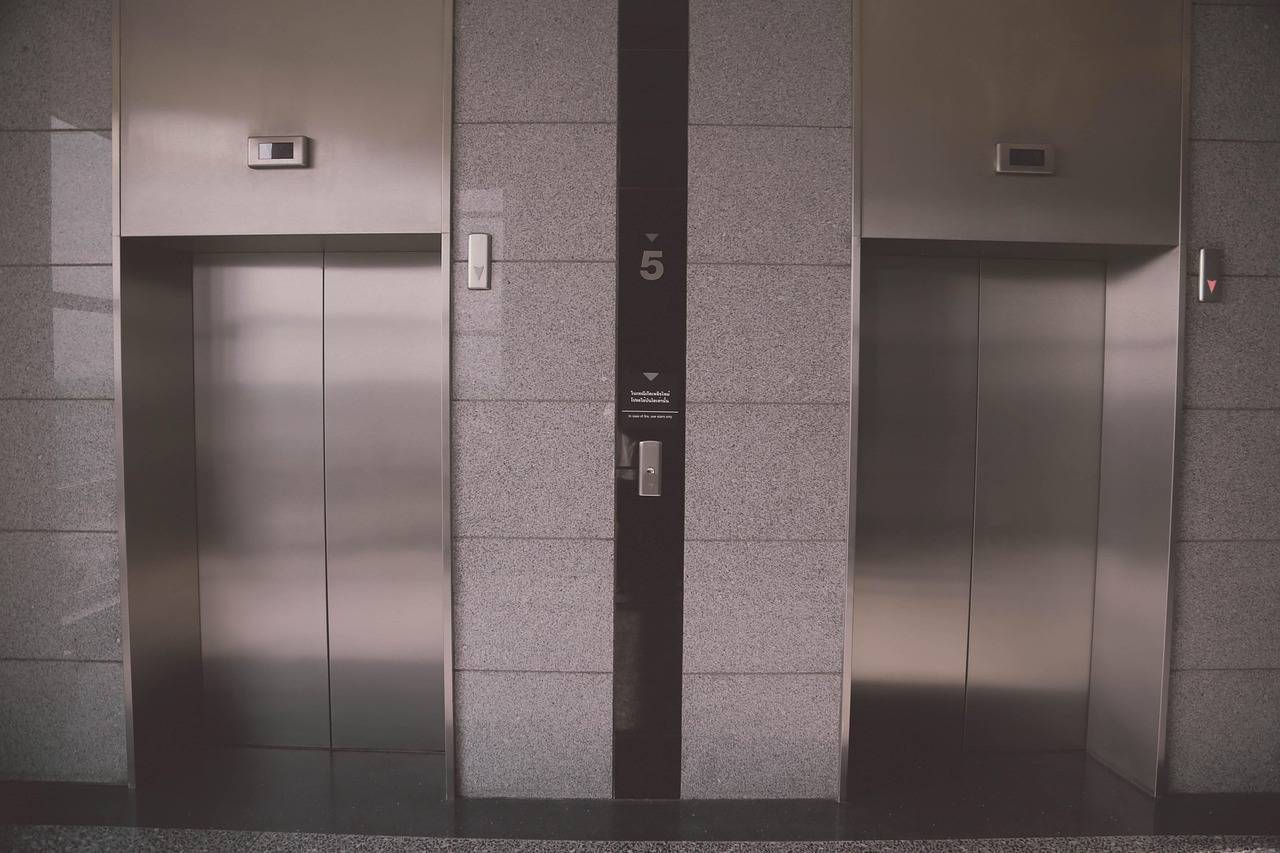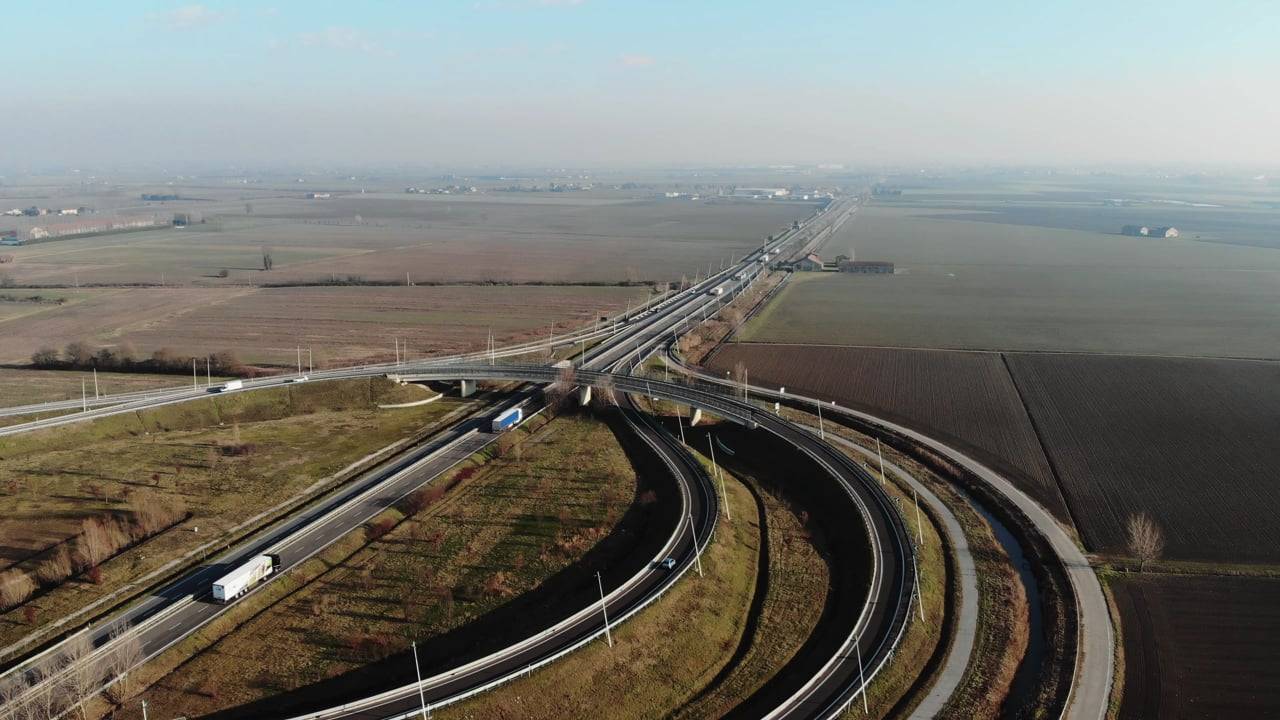The Delhi government has announced plans to prepare two master plans , a water master plan and a sewer master plans, aimed at strengthening the city’s water management and sanitation systems. The announcement was made following the unveiling of the much-anticipated drainage master plan for the national capital.
Parvesh Verma, PWD and Water Minister, said the initiative is part of a broader strategy to develop a comprehensive framework covering all aspects of urban water infrastructure, including supply, storage, sewage treatment, and disposal. He emphasized that the drainage master plan is intended to ensure long-term flood resilience for Delhi and indicated that the upcoming sewer and water master plans will complement the drainage framework, creating a complete, future-ready water management system for the city.
Officials explained that while the drainage master plan focuses on reducing waterlogging and improving stormwater management, the proposed sewer and water plans will deal with sewage disposal systems, treatment plants, potable water supply, recycling, and sustainable usage. Together, these three plans will form the capital’s first integrated approach to water and waste management.
The Delhi Jal Board (DJB) and the PWD are expected to work jointly on drafting the two new master plans. Once drafted, the plans are likely to be placed in the public domain for consultations before implementation, allowing citizens and stakeholders to provide inputs on the proposed strategies.
The initiative comes in the wake of growing concerns over urban flooding, sewage management, and water scarcity in the capital. Experts have highlighted that an integrated framework encompassing drainage, water supply, and sewage systems is critical for sustainable urban development.
As part of its efforts to improve sewage management, the Delhi government will also launch a major sewage overhaul next week. This project aims to construct Sewage Treatment Plants (STPs) along all 22 drains that directly discharge into the Yamuna river, significantly reducing untreated effluent and improving water quality.
Urban planners and environmentalists have welcomed the announcement, noting that Delhi’s existing water infrastructure has faced challenges due to rapid urbanisation, outdated drainage networks, and irregular maintenance. By adopting a coordinated approach across water, sewage, and drainage systems, the government aims to mitigate urban flooding, ensure reliable water supply, and promote sustainable water usage.
The drainage master plan, which forms the foundation of this integrated strategy, has already identified key zones prone to waterlogging and proposed measures such as upgrading stormwater channels, increasing pump capacities, and improving surface drainage. With the upcoming sewer and water plans, the government intends to ensure that wastewater treatment, recycling, and potable water distribution are systematically addressed alongside flood prevention.
Officials indicated that the master plans will also consider future population growth, climate variability, and the need for resilient urban infrastructure. By integrating modern technologies, such as real-time monitoring of water flow and smart sewer systems, the plans aim to make Delhi’s water management framework more adaptive and efficient.
This initiative is part of the Delhi government’s broader commitment to sustainable urban development, environmental conservation, and public health. Citizens are expected to benefit from improved water supply reliability, reduced waterlogging incidents, and enhanced sewage treatment across the city.









.png)